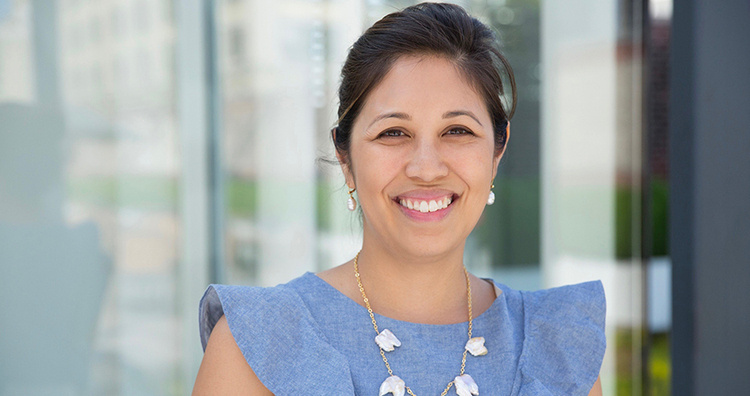
SCSB Colloquium Series: SPARK: Gene discovery and return of genetic results in over 22,000 people with autism
Description
Date: Wednesday, March 30, 2022
Location: Zoom Webinar – Registration Required
Register in advance for this webinar: click here
* After registering, you will receive a confirmation email containing information on how to join the webinar.
Speaker: Pamela Feliciano, Ph.D.
Affiliation: Scientific Director, SPARK (SPARKforAutism.org); Simons Foundation Autism Research Initiative (SFARI)
Host: Dr. Pawan Sinha
Talk title: SPARK: Gene discovery and return of genetic results in over 22,000 people with autism
Abstract: We have created a large longitudinal research cohort, SPARK (SPARKForAutism.org) to advance research on the genetic, behavioral, and clinical features associated with ASD. SPARK represents the largest ASD cohort in the world, with over 100,000 individuals with ASD enrolled. Despite the known heritable nature of autism spectrum disorder (ASD), studies have primarily identified risk genes with de novo variants (DNVs). To capture the full spectrum of ASD genetic risk, we performed a two-stage analysis of rare de novo and inherited coding variants in 42,607 ASD cases, including 35,130 new cases recruited online by SPARK. We identified 60 genes with exome-wide significance (p < 2.5e-6), including five new risk genes (NAV3, ITSN1, MARK2, SCAF1, and HNRNPUL2). The association of NAV3 with ASD risk is entirely driven by rare inherited LoFs variants, with an average relative risk of 4, consistent with moderate effect. ASD individuals with LoF variants in the four moderate risk genes (NAV3, ITSN1, SCAF1, and HNRNPUL2, n = 95) have less cognitive impairment compared to 129 ASD individuals with LoF variants in well-established, highly penetrant ASD risk genes (CHD8, SCN2A, ADNP, FOXP1, SHANK3) (59% vs. 88%, p= 1.9e-06). In this study, we identified rare LoF variants in new ASD risk genes with modest effect size that are not strongly associated with ID. This finding represents a difference in phenotypic association with ID compared with other well-established, highly penetrant ASD genes. Another tenet of SPARK is to form a partnership with participants and return research results to them. SPARK identified 1,711 (7.7%) ACMG likely pathogenic (LP) and pathogenic (P) variants in 22,166 people with ASD from a pre-defined list of high-confidence ASD risk genes and CNVs. The returnable genetic results were extremely heterogeneous and included variants in 231 genes, 133 CNVs and microdeletions ranging in size from 7.7 kb to 28 Mb and 5 chromosomal aneuploidies. The number of returnable results has changed over the course of the study as new risk genes for ASD and neurodevelopmental conditions have been identified: 37 percent of variants (632 variants in 177 genes) that currently meet LP/P ACMG criteria were previously variants of uncertain significance (VUS) at the start of the study in 2015. Reconsenting and retaining those participants and assessing how to include them in return of results for this large cohort has challenges, and methods SPARK has developed may be applicable to other large genomic cohorts.

